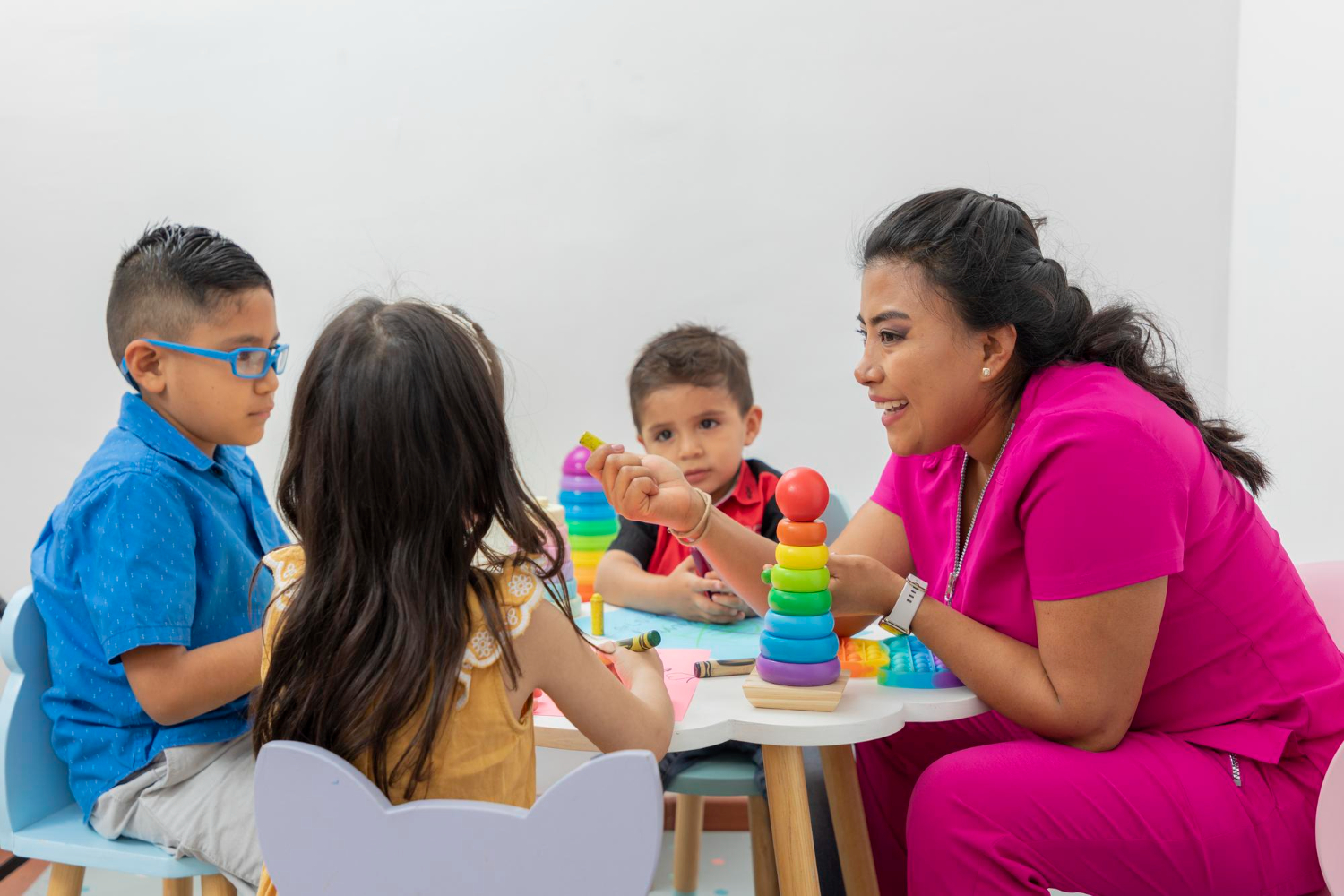As parents, we all want our children to grow up to be confident, sociable individuals who can navigate the complexities of the world around them. One way to help foster this social development is through daycare services. Daycare provides a unique environment where children can interact with their peers, develop important social skills, and learn how to navigate social situations.
1. Peer Interaction: It provides children with the opportunity to interact with their peers on a regular basis in Ryde. This peer interaction is crucial for their social development as it allows them to learn how to share, take turns, communicate, and cooperate with others. You can also browse around this site to learn more about the daycare service.

Image Source: Google
2. Diversity and Inclusion: They are often diverse, with children from different backgrounds, cultures, and experiences coming together. This diversity promotes inclusivity and exposes children to different perspectives, traditions, and ways of life. It teaches them to appreciate and respect differences, fostering a sense of empathy and understanding from an early age.
3. Emotional Development: It also plays a crucial role in the emotional development of children. In a daycare setting, children learn to recognize and regulate their emotions, as well as understand the emotions of others. Daycare providers create a nurturing and supportive environment where children feel safe to express their feelings and are taught healthy ways to cope with them.
4. Communication Skills: It is essential for successful social interactions. Daycare services provide children with ample opportunities to develop their communication skills. Through daily interactions with their peers and caregivers, children learn how to express their needs, thoughts, and feelings, as well as listen and respond to others.
Conclusion
Daycare services in Ryde play a vital role in promoting social development in children. Through peer interaction, diversity and inclusion, emotional development, communication skills, and fostering independence and confidence, daycare helps children build the necessary skills and qualities to thrive in social settings. By providing a nurturing and supportive environment, daycare services lay the foundation for healthy relationships, empathy, and understanding in children's lives.

